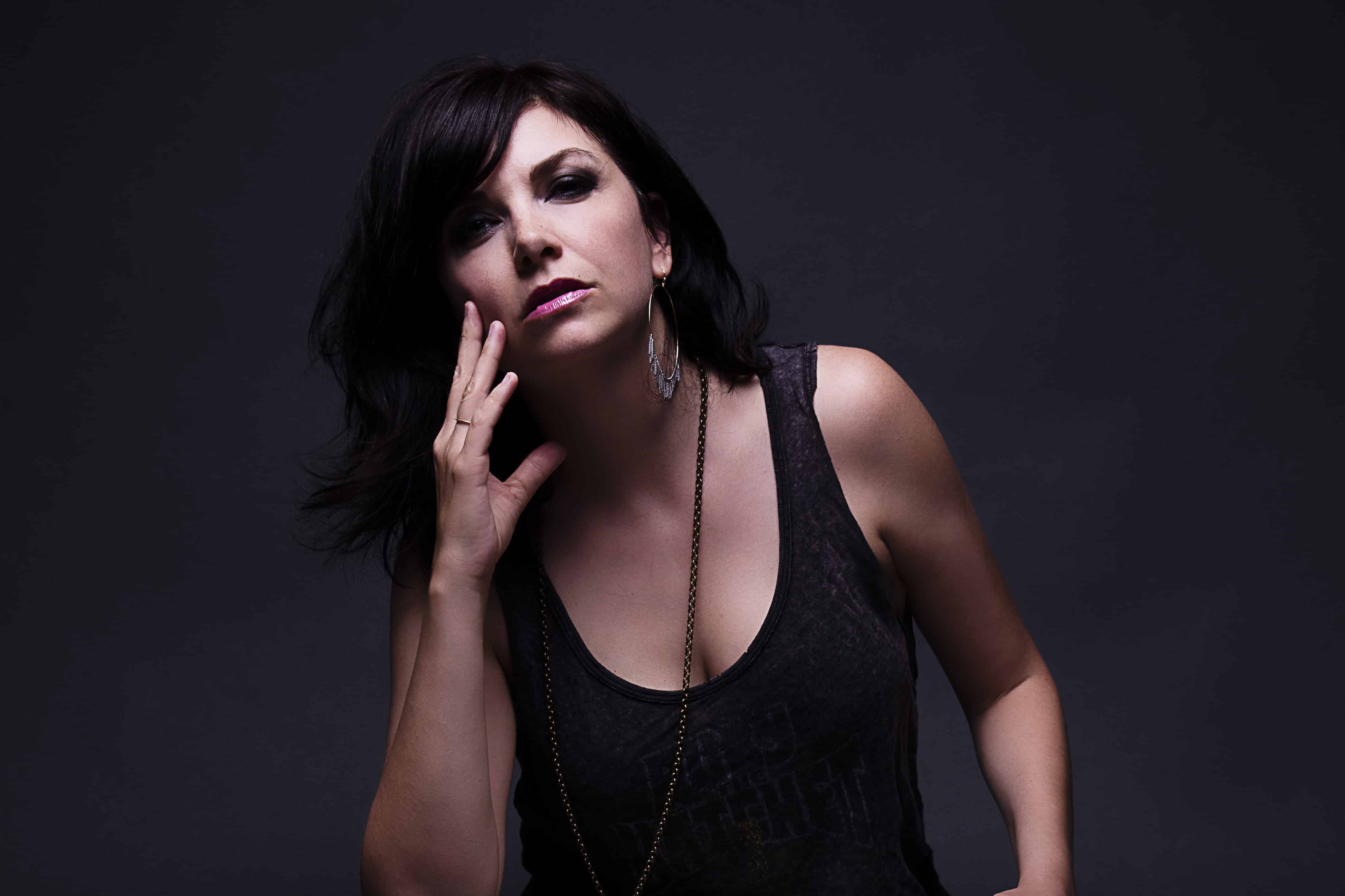In our ongoing Womxn + Alcohol series, we will be interviewing dozens of Canadians who stopped drinking to improve their mental health.
In sharing a diverse range of stories, we hope to shed light on how very broad the alcohol-use disorder spectrum is, while also showing that recovery looks different for everyone.
In 2020, most of society has recognized that healing is not linear—that we each have to find our own path. But there is still a lot of skepticism when it comes to believing that sobriety can, in fact, be fun. It is not some hardship to endure!
Our first subject in this series is award-winning singer-songwriter Damhnait Doyle, who made waves last year when she penned a powerful op-ed for the Toronto Star that not only shared her personal story, but also pointed a finger at the entire music industry, forcing it to collectively re-examine how it promotes excessive alcohol use.
A snippet from her piece: “Musicians don’t drink like normal people. You drink before gigs, during gigs, after gigs, on your day off, on a travel day, at the airport bar, the hotel bar, in the bus, the back of the van, when the show sucks, when the show is off the hook, when your song is on the radio, when no one’s playing your single. Alcohol is both the journey and the destination.”
The story gained such traction, that follow-up articles sprouted in everything from the St. John’s Telegram to the CBC. Doyle’s disruption forced everyone, from concert venues to major labels, to listen up.
With her first LP having been released in 1996, Doyle has been a prominent figure in Canadian music for over twenty years. At age 43, she finally decided that the boozy side of that relationship needed needed to end.
Since she gave up drinking a year and a half ago, Doyle has begun a new tradition: unabashedly carting her own non-alcoholic beer around with her while she’s on tour. We love that.
How did you stop drinking?
It seems I was doing research for a few decades and one day I woke up and realized I had collected enough data and decided to stop that day.
What does your recovery look like today?
I meditate, journal, practice yoga, eat well, get my omegas, go to therapy, watch Netflix, listen to Willie Nelson and—above all else—listen to my intuition. I let it guide me from the smallest “is this going to spark-joy?” decisions to those big life-changing career and family decisions.
What was a major discovery you made during the early days of your recovery?
That the anxiety and depression that I felt I was saddled with decreased by 80 percent after the first month that I quit drinking.
What have you discovered more recently?
Every day I get closer and closer to who I was as a child. I am following the path I urge for my two girls: what do you want, what do you like, don’t follow the crowd, follow your gut. Turns out I’m a big hippie and I’m into it
When someone asks you why you don’t drink, how do you respond?
I tell the truth, which is: I already did that. I don’t have any desire to do it again.
What does fun look like you today?
Hanging out with my family. Diving deep into work. Learning. Keeping my ears open. Changing my mind if new information comes up. Never being stuck.
What do you want to say to the woman still struggling?
You’ve got this. When you are drinking too much it’s like being in an abusive relationship. They will make you think you are nothing without them ( how can I have fun without booze?!?) but the truth is: it’s holding you down. It’s holding you back, and freedom is on the other side.
What stigma do you think needs to be smashed?
That the issue with alcohol lies with the people who can’t drink it. Where the issue is actually in alcohol itself.
What’s the greatest gift that sobriety has given you?




 Follow Us On Instagram
Follow Us On Instagram
